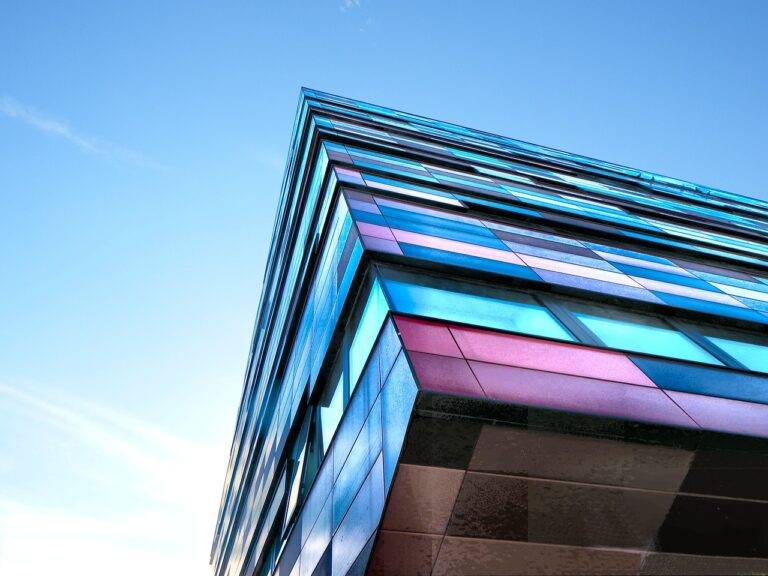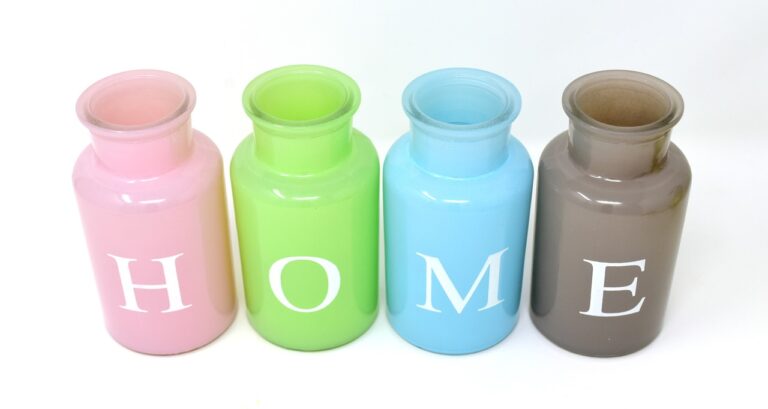Smart Water Management Systems for Eco-Friendly Home Improvement
Rainwater harvesting is a sustainable practice that involves collecting and storing rainwater for future use. By capturing rainwater from rooftops or other surfaces, it can be redirected into storage tanks or cisterns. This collected rainwater can then be used for various purposes such as watering plants, flushing toilets, or even for non-potable uses within the household.
One of the key benefits of rainwater harvesting is its contribution to water conservation. In regions where water scarcity is a concern, utilizing rainwater can help reduce the demand on existing water sources. Additionally, by incorporating rainwater harvesting into homes or buildings, individuals can take a proactive step towards promoting environmental sustainability and reducing their overall water footprint.
Maximizing Water Efficiency Through Low-Flow Fixtures
Low-flow fixtures are a cost-effective and easy way to reduce water consumption in homes and businesses. By installing low-flow aerators on faucets and showerheads, you can cut down water usage without sacrificing water pressure. Additionally, switching to low-flow toilets can save a significant amount of water per flush compared to traditional toilets.
Incorporating low-flow fixtures into your building design or retrofitting existing fixtures can lead to substantial water savings over time. These fixtures are designed to be efficient without compromising performance, making them a smart investment for those looking to maximize water efficiency. By making this simple switch, you can contribute to conserving water resources and reducing water bills simultaneously.
Utilizing Drip Irrigation Systems for Outdoor Watering
Drip irrigation systems are becoming increasingly popular for outdoor watering due to their efficiency in delivering water directly to the plant roots. Unlike traditional sprinkler systems that can lead to water wastage through evaporation or runoff, drip irrigation ensures that water is distributed precisely where it is needed, minimizing water wastage considerably. This targeted approach also reduces weed growth and minimizes the risk of plant diseases by keeping foliage dry.
Another advantage of using drip irrigation systems for outdoor watering is their flexibility and adaptability to different garden layouts and plant types. Whether you have a sprawling garden with diverse plant varieties or a small urban space with limited water access, drip irrigation systems can be customized to meet the specific needs of your landscape. By adjusting the flow rate and positioning of the drip emitters, you can efficiently water plants of varying sizes and water requirements, promoting healthier growth and conserving water in the process.
• Drip irrigation systems deliver water directly to plant roots, minimizing water wastage
• Reduces weed growth and minimizes risk of plant diseases by keeping foliage dry
• Flexible and adaptable to different garden layouts and plant types
• Customizable flow rate and positioning of drip emitters for efficient watering
• Promotes healthier growth and conserves water in the process
What is drip irrigation?
Drip irrigation is a type of watering system that delivers water directly to the roots of plants, minimizing water waste and promoting plant health.
How does drip irrigation help conserve water?
Drip irrigation can help conserve water by delivering water directly to the plant roots, reducing evaporation and runoff.
Can drip irrigation systems be used for all types of plants?
Yes, drip irrigation systems can be used for a variety of plants, from vegetables to flowers to trees.
Are drip irrigation systems easy to install?
Yes, drip irrigation systems are relatively easy to install and can be customized to fit the specific needs of your garden.
How can I maximize the efficiency of my drip irrigation system?
You can maximize the efficiency of your drip irrigation system by regularly checking for leaks, adjusting water flow rates, and scheduling watering times to coincide with plant needs.
Can I use rainwater with a drip irrigation system?
Yes, you can use rainwater with a drip irrigation system by installing a rainwater harvesting system to collect and store rainwater for use in your garden.
Are there any financial incentives for installing a drip irrigation system?
Some municipalities offer financial incentives or rebates for installing water-efficient irrigation systems, including drip irrigation.
How can I maintain my drip irrigation system?
Regular maintenance of your drip irrigation system, such as flushing out clogged emitters and checking for leaks, can help ensure its continued efficiency.







